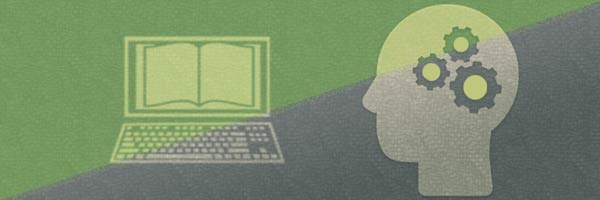Skip to:
Right now, it seems like Artificial Intelligence (AI) is everywhere. It’s the new buzzword for many industries, from healthcare and finance to education and entertainment.
You may have heard people say AI is helpful. On the other hand, you may have also heard concerns about AI taking over human jobs, or that using it is like cheating. The truth is, AI is a tool, and like any tool, it depends on how we use it.
There’s no doubt that AI makes life easier in many ways. It can help translate languages, create resumes, and even provide learning support. But to use AI wisely, it’s important to understand what it is and how to use it responsibly.
What is Artificial Intelligence (AI)?
Artificial Intelligence, or AI, refers to computer programs that can learn, reason, and solve problems.
You may already be using it without even realizing it. AI is part of many everyday applications. Voice assistants like Siri and Google Assistant use it to answer questions. Chatbots help customer service teams provide quick responses. AI can now also be used as a language learning tool, or to help with budgeting, financial planning, and other tasks that support newcomers to Canada in their transition.
First, some things to watch out for
While AI is useful, it’s important to use it safely. Here are some things to keep in mind:
- Protect your personal information. Never share personal or confidential details with AI tools. These tools gather whatever information you feed it and use them to learn patterns. To protect yourself, always check the privacy settings on AI applications to control how your data is used.
- Always double-check information. AI can provide helpful answers, but it may not always be accurate, especially for recent events. Sometimes, due to lack of accurate data or mismatched context, AI can generate false, misleading, or nonsensical information that appears credible. These are called “hallucinations.” It’s a good practice to fact-check AI-generated information by cross-referencing with reliable sources like government websites or trusted news organizations.
How to use AI effectively
Here are five ways to make the most of AI while staying in control of your work and learning:
Learn more about it
Understanding AI can help you use it better. One important concept to learn is how to write “prompts.” A prompt is a question or instruction you give to an AI tool. The clearer your prompt, the better the AI’s response will be.
See AI as a tool, not a replacement
AI is a powerful tool that can enhance creativity, efficiency, and problem-solving, but it cannot fully replace human expertise, judgment, and empathy. Those who embrace AI as a tool will gain a competitive edge, while those who ignore it risk falling behind. The key is to leverage its strengths while applying human insight to achieve the best results.
Add your own twist
AI-generated content should not replace your creativity and critical thinking. If AI writes or creates something for you, take time to review and edit it to make it sound like you. With more people using it, we can now recognize certain turns of phrases, punctuation, or expressions that sound like AI. This can make your work sound inauthentic and lacking in feeling. Always take that final step to edit and polish your work. Ensure that the tone and phrasing sound natural, and as mentioned, check if the information is accurate.
Continue learning and improving your skills
Becoming reliant on AI without continuously improving our own skills can limit our ability to think critically, adapt, and innovate. As technology evolves, those who keep learning will be better equipped to use AI effectively and make informed decisions, rather than just following automated outputs. Strengthening our skills ensure that we will stay capable of doing our work well and enable us to add human insight where AI falls short.
Don’t underestimate your capabilities
AI will never replace human skills. Humans practice critical thinking, emotional intelligence, and strategic decision-making – skills that are far too complex for AI. Take control by trusting in your abilities and using AI as a tool to enhance, not replace, your expertise.
AI can be a helpful tool, especially for newcomers adapting to a new country. But to use it effectively, it’s important to think critically, keep learning, and find the right balance between technology and personal skills. Staying informed and using AI wisely allows you to take advantage of its benefits while staying in control of your growth.
Sources: AI can help newcomers: 5 takeaways from IPC, Guangke Dai, MOSAIC; and How I’m making AI work for me, Darius Foroux (blog); Accessed March 24, 2025.
We'd love to hear from you!
Please login to tell us what you think.




